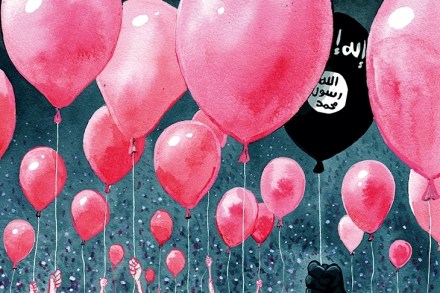A singular mind: Roger Penrose on his Nobel Prize
Sir Roger Penrose was at school when he realised that his mind worked in an unusual way. ‘I thought, maybe when I go to university, I’ll find people who think like me,’ he tells me, at the beginning of what was to be a fascinating conversation, stretching long into the afternoon. ‘But it wasn’t like that at all. When I would talk to someone about an idea, I found myself not understanding a word they were saying.’ Just after we spoke, in early December, Penrose received the Nobel Prize in Physics, so perhaps it’s no surprise that he should think a little differently. But, as he explained it to me,






















